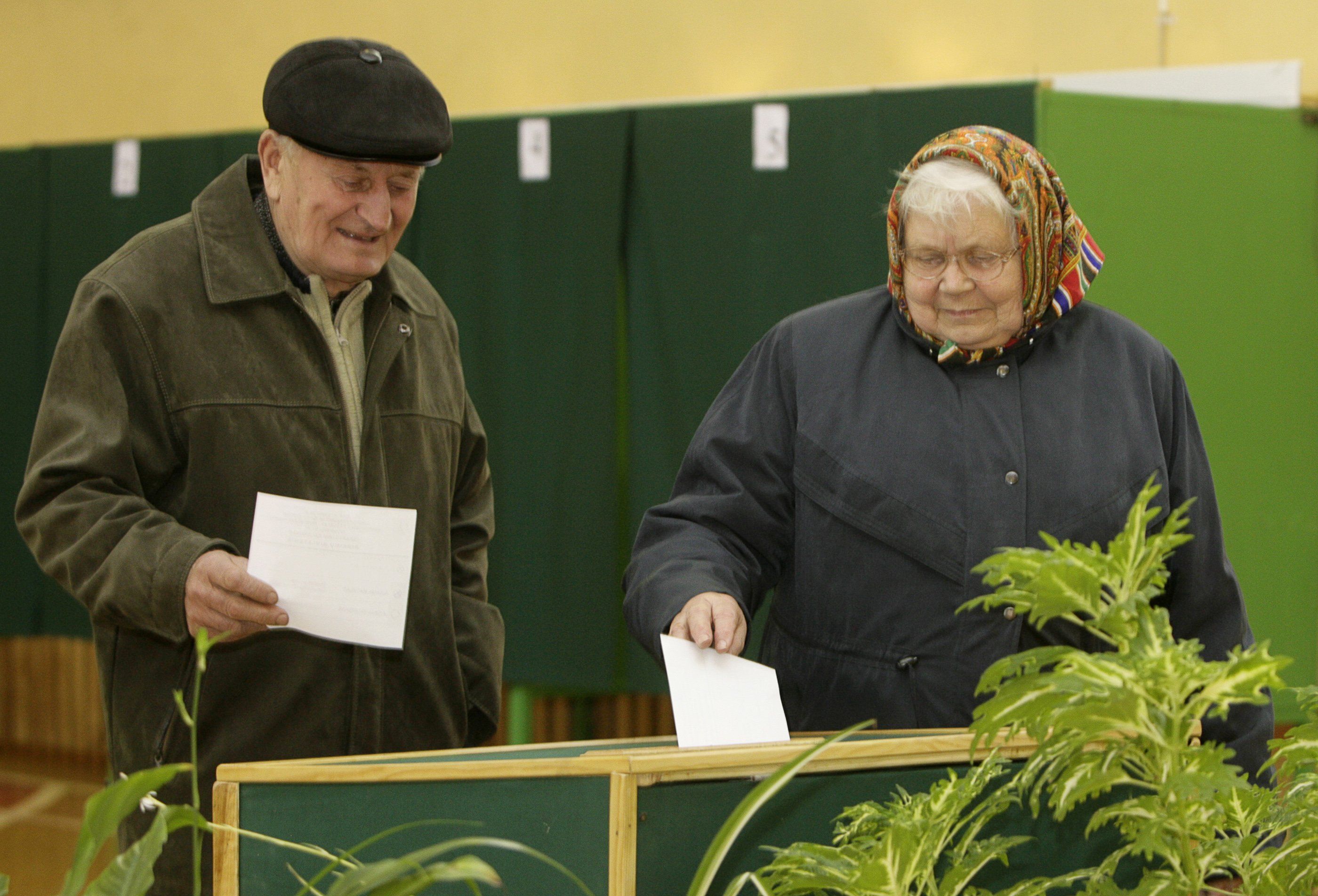In May, the largest of the three Baltic states will hold a presidential election in May. The clear frontrunner is incumbent Nauseda Giranas, a former economist elected in 2019.
The president controls Lithuania’s foreign policy, which under Gitanas has shown strong support for Ukraine as well as for dissidents fleeing the autocracy of Alexander Lukashenko in neighboring Belarus.
But Gitanas 30% support wouldn’t be enough to win in the first round, meaning he’ll likely face a runoff challenge from one of the two other main candidates: right-wing lawyer Christian Vegele who is polling at 16% on a populist and socially conservative platform targeting LGBTQ rights in particular, and the center-right Ingrida Šimonytė, currently Prime Minister, who polls just behind him.
A light roast: Gitanas is expected to win in either scenario, but he did get dinged by the electoral authorities recently for offering a coffee date on social media as a way to boost signatures for his candidacy.
In October, Lithuania will hold parliamentary elections. There, the opposition Lithuanian Social Democrat Party (LSDP) is looking to build on its success in municipal elections last year to take down the current center-right coalition government, a three party coalition led by the Homeland Union/Lithuanian Christian Democrats (TS-LKD). The race promises to be very tight: the Social Democrats are currently polling first with 23% support, with the TS-LKD in second at 14%. But the TS-LKD’s coalition partners are at a combined 12%.
More For You
With close ties to both the US and China, can Singapore survive in an increasingly fragmented and chaotic world? Singapore’s President Tharman Shanmugaratnam joins Ian Bremmer on the GZERO World Podcast.
Most Popular
Think you know what's going on around the world? Here's your chance to prove it.
This week, Prime Minister Keir Starmer became the first UK leader to visit China in eight years. His goal was clear: build closer trade ties with Beijing.
